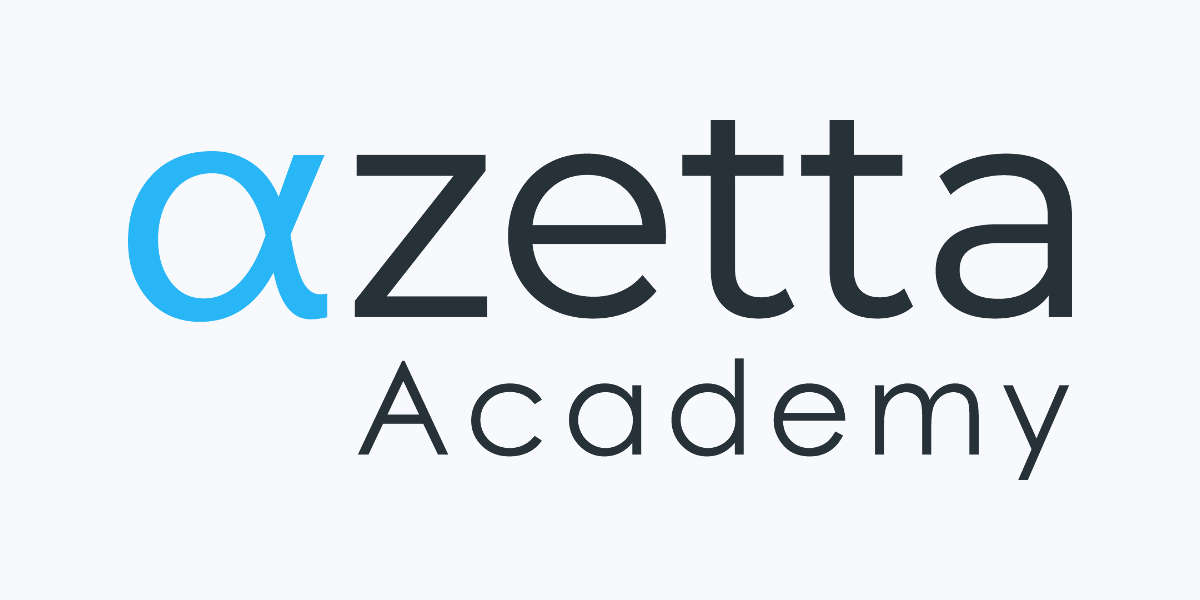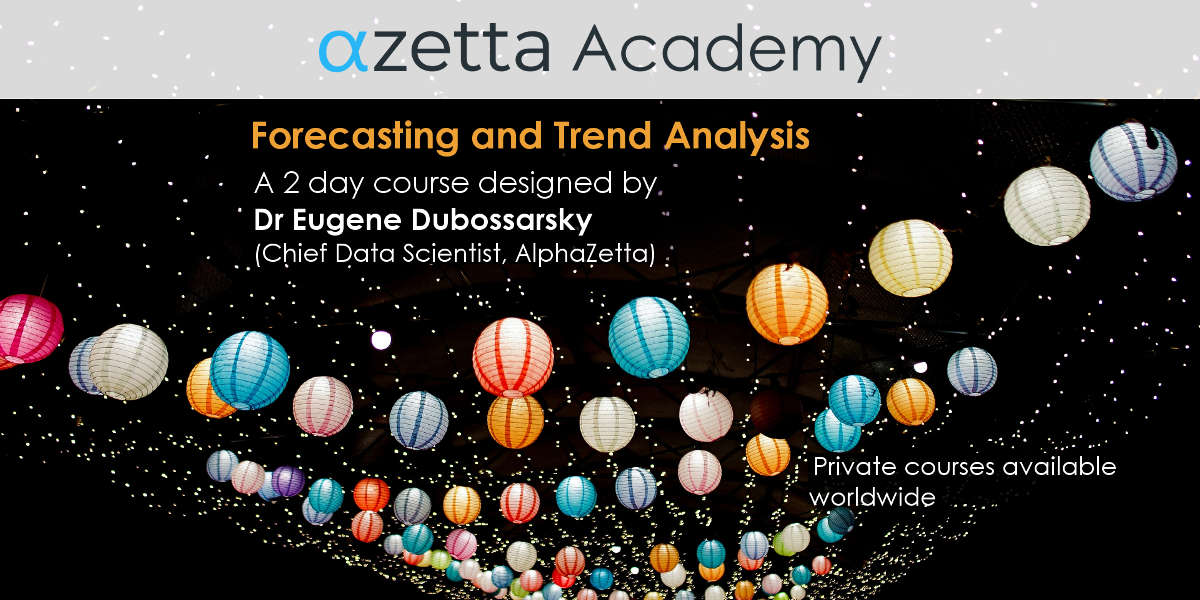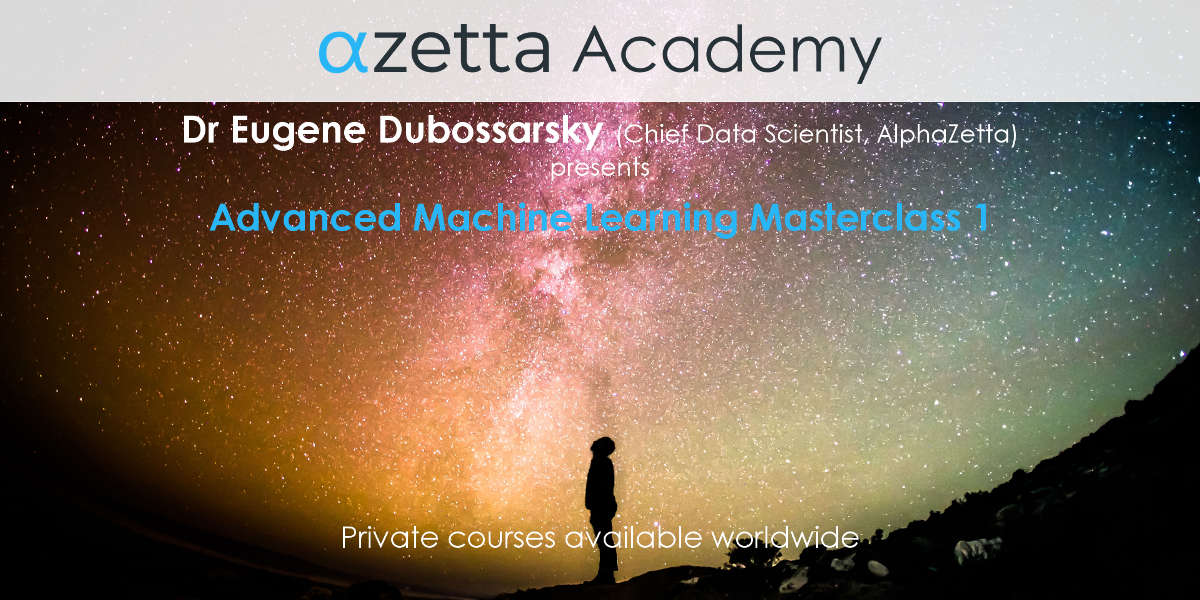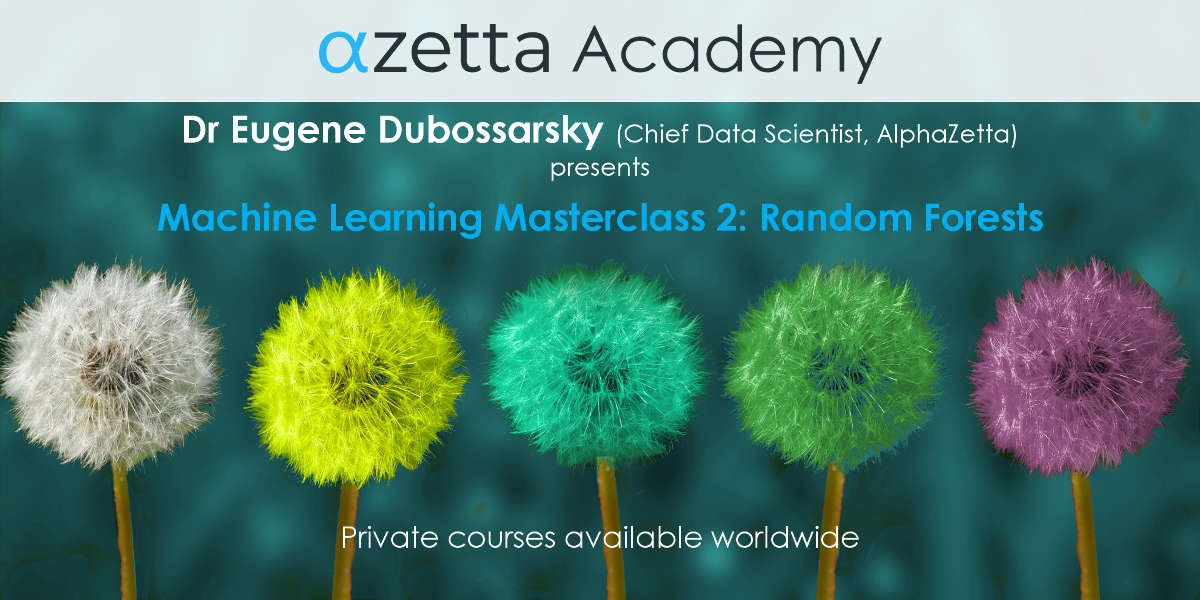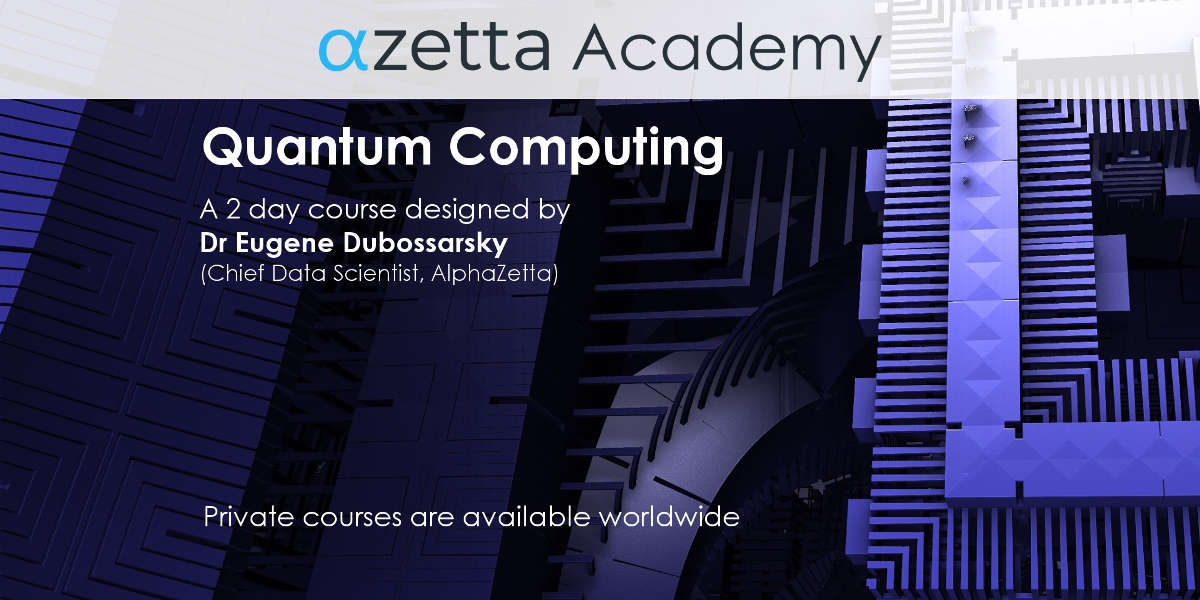Eugene Dubossarsky is Managing Partner of AlphaZetta Academy and a leader in the analytics field in Australia, with 20 years’ commercial data science experience. He is the head of the Sydney Data Science group (3,000+ members), the Sydney Users of R Forum (1,900+ members), and Datapreneurs (400+ members). Eugene is regularly invited to be a conference presenter, consultant and advisor, and appears in print and on television to discuss data science and analytics. He also applies data science in an entrepreneurial setting, to financial trading and online startups, and is the creator of ggraptR, an interactive visualisation package in R.
Eugene is also our principal trainer, offering over 21 training courses in data science and related topics.


